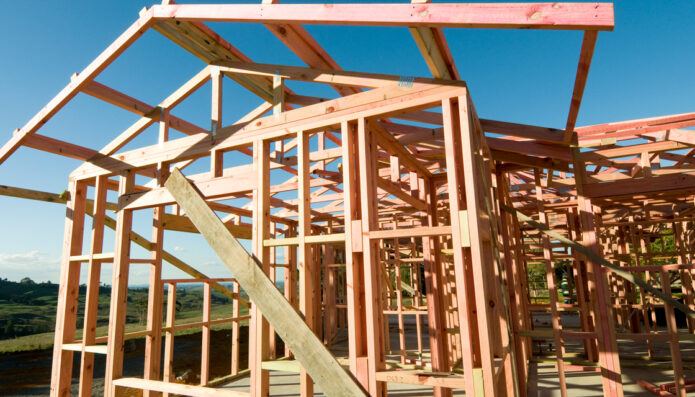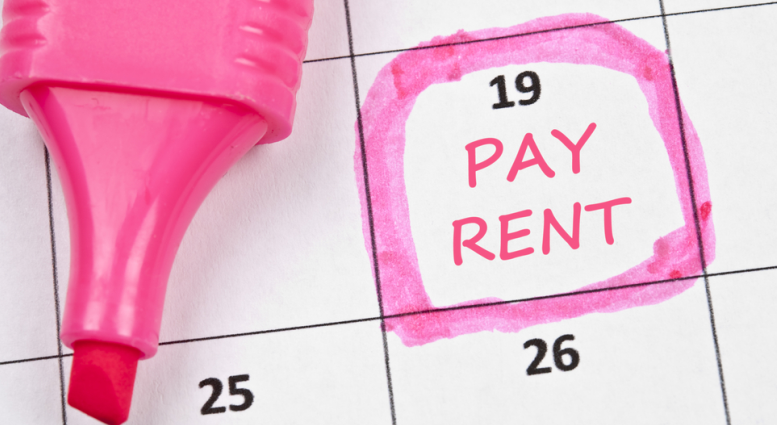PHOTO: Rent. FILE
Wellington’s Rising Rents: A Major Financial Strain for Residents
Cara, a solo parent from Wellington, has experienced a steady rise in her rent over the years, describing it as the most significant financial stress in her life.
The Steady Increase in Rent
Cara reflects on her rental journey over the past decade:
“Ten years ago, I paid $400 a week for a three-bedroom house in Johnsonville. Then three years ago, I paid $650 for a much worse three-bedroom house in Karori. Now I pay $710 for a three-bedroom house in Whitby.”
To manage the escalating costs, Cara, whose name has been withheld for privacy, occasionally had to share her home with flatmates. She recalls, “A couple of years ago, I was earning $75,000 a year and paying $650 a week in rent, which was roughly the average rent in Wellington. It amounted to more than 50% of my income.”
The Impact of Rising Rents on Tenants
Rents in New Zealand have surged in recent years, driven by high migration and a tight rental market. This trend has led to record-setting rental costs, creating significant challenges for tenants.
Kelvin Davidson, chief economist at CoreLogic, notes that the average rent as a share of average household income has hit a record high of 22%. However, he warns that this figure might not fully capture the financial burden on many tenants.
“The average renter might be paying the average rent, but they might not have the average income, so for them, rent will be absorbing a much higher share of their budgets. The 22% is not the most important point. Whatever it is, it’s at a record high. Renting is very expensive,” Davidson explains.
New Zealand’s Global Rental Market Ranking
An OECD report from April revealed that New Zealand is among the most expensive places to rent globally. According to the report, more than 25% of disposable income in renting households goes towards rent, placing New Zealand ninth in the world. The report highlights that in New Zealand, median housing costs consume over 40% of disposable income for the lowest-income tenants, a significant disparity compared to higher-income earners.
The OECD report also indicates that over half of tenants in New Zealand’s private rental market are overburdened by housing costs, similar to trends seen in countries like Colombia, Chile, Finland, and Israel. In contrast, many Central and Eastern European countries have less than 20% of tenants facing such high housing costs.
The Uneven Impact Across the Country
Independent economist Shamubeel Eaqub points out that the financial burden of rent is not evenly distributed across New Zealand. For instance, in Gisborne, the rent share of income from an average job is nearly 45%. Eaqub cites data from Stats NZ showing that 27.5% of renters pay more than 40% of their income in rent, a significant increase from the traditional benchmark of 30% for affordability.
Future Prospects for Rental Affordability
Davidson suggests that while rent growth is slowing, the improvements in affordability will be gradual and limited. “We saw a lot of rental increase because wages were rising, the population was rising very quickly – there were not many rental properties available because landlords were not purchasing as they normally would and supply was tighter. In the last three to six months wage growth has slowed down, migration has slowed pretty sharply and there are some more rental listings coming into the market too so all those things are turning in favour of tenants.”
However, Davidson cautions that for rental affordability to significantly improve, sustained wage growth is necessary. He states, “We are probably not going to see that. Rent growth might slow a bit further, but rental affordability doesn’t look like it’s going to improve in the near term… renting is going to remain pretty expensive. It’s not easy whether you’re paying a mortgage or paying rent. This is definitely not a cheap country to rent. It’s not a cheap country to do much actually.”
SOURCE: RNZ















